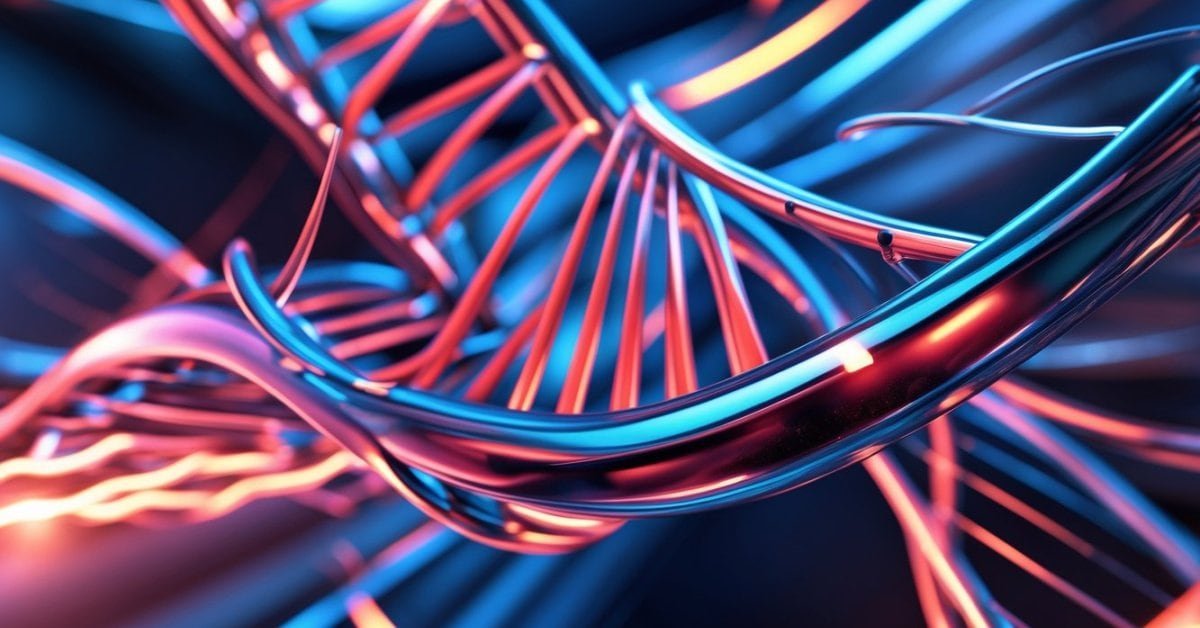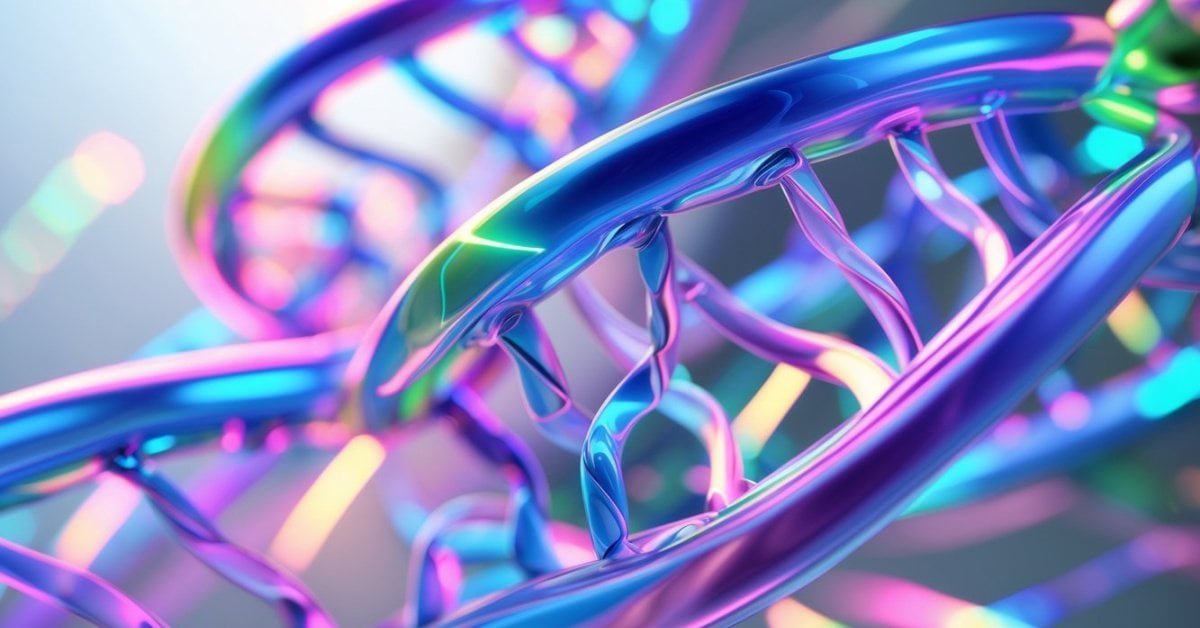If you or someone you love has ever faced a diagnosis related to HLA-B27, you know how many questions can come up. This genetic marker is linked to several autoimmune conditions, yet there’s still so much to uncover about its role in the body. That’s where research steps in—offering hope for better treatments and answers.
But groundbreaking research doesn’t happen without support. By getting involved in fundraising efforts, you can help drive progress and make a real difference for individuals and families affected by HLA-B27-related conditions. Every contribution brings us one step closer to new discoveries and brighter futures.
Understanding HLA-B27: Importance in Medical Research
Recognizing HLA-B27’s role in autoimmune diseases informs your choices in healthcare. Researchers link HLA-B27 to conditions like ankylosing spondylitis, psoriatic arthritis, and reactive arthritis, as shown in studies from the National Institutes of Health and the Spondylitis Association of America. Knowing you’re HLA-B27 positive means you’re part of a group researchers study when looking for early markers and personalized treatments.
Understanding how HLA-B27 influences inflammation helps you identify triggers and work with your care team. Scientists investigate why this genetic marker sometimes sparks immune activity that targets your own tissues. Immune system responses connected to HLA-B27 may increase your risk for joint, eye, or gut complications.
Supporting medical research matters because every new study creates options for people with HLA-B27—options I seek for myself and for you. Clinical trials, patient registries, and biologic therapy development all depend on understanding genetic profiles and real-world patient experiences. If you’re engaged with research updates or fundraising, you contribute directly to potential breakthroughs that benefit the HLA-B27 community.
Current Challenges in HLA-B27 Research
HLA-B27 research faces several barriers that impact your access to answers and new therapies, especially if you’re managing symptoms daily. Greater insight depends on addressing distinct obstacles within the scientific and medical landscape.
Limited Funding Sources
Research on HLA-B27, despite links to conditions like ankylosing spondylitis and psoriatic arthritis, receives less financial support than areas such as cancer or diabetes. Major funding agencies like NIH allocate a smaller share of grants to HLA-B27 studies. Private donors and foundations, for example the Arthritis Foundation, give some support but typically prioritize broader autoimmune disease initiatives. This gap limits the pace of clinical trials, slows the development of targeted therapies, and leaves you with fewer immediate options.
Knowledge Gaps and Unmet Needs
The interplay between HLA-B27 and autoimmune diseases remains unclear, even after decades of research. Key questions about why this gene triggers inflammation, or which immune pathways are most responsible, still lack definitive answers. For you, this means clinical guidance often relies on trial and error, not precision medicine. Biologic drugs, diet modifications, and exercise (including sports you enjoy) provide some benefit, but most protocols aren’t personalized for HLA-B27-specific responses. Gaps in large-scale patient registries and inconsistent data collection slow the discovery of genetic or lifestyle factors that could improve outcomes for people like you.
The Role of Fundraising in Advancing HLA-B27 Research
Fundraising directly drives progress in HLA-B27 research by supporting new studies, growing patient registries, and enabling clinical trials. You benefit as more resources accelerate the search for targeted therapies, improve diagnostic tools, and foster collaboration between scientists and the HLA-B27 community.
Successful Fundraising Campaign Examples
Fundraising campaigns that highlight real patient stories achieve higher engagement and more donations. For example, the Spondylitis Association of America raised $2 million between 2021–2023 through virtual walks and awareness months, funding HLA-B27 clinical trials and education. National organizations like the Arthritis Foundation raised $350,000 with their annual Autoimmune Challenge, supporting grants for gene markers related to HLA-B27. Local patient-led fundraisers—such as 5K races and online auctions—contributed over $50,000 in 2023, enabling new pilot studies and biobank projects. These campaigns often feature HLA-B27-positive champions, increasing community participation.
Strategies for Engaging Donors and Communities
Personalizing campaign messages with patient journeys sparks donor interest. Sharing updates about how funds help expand research connects supporters with tangible results. Hosting interactive events—virtual workshops, Q&A webinars with doctors, or fitness challenges—brings patients, families, and donors together, leveraging both personal networks and social media. Partnering with local businesses for matching programs boosts total donations and builds sustainable support. Broadening outreach with multilingual materials or collaborations with sports clubs widens access, especially among active adults managing HLA-B27-related symptoms. You see greater impact when fundraising centers on specific research goals, such as advancing precision medicine for HLA-B27, rather than general awareness.
How to Support HLA-B27 Research Initiatives
Supporting HLA-B27 research accelerates discovery and brings solutions closer for everyone affected by this marker. Engaging with fundraising and donation efforts creates real opportunities for breakthroughs in understanding and treatment.
Participating in Fundraising Events
Fundraising events for HLA-B27 research connect you with others facing similar challenges and amplify the impact of your support. Charity walks, community sports tournaments, and educational seminars build both awareness and much-needed financial backing for studies on ankylosing spondylitis, psoriatic arthritis, and related conditions. Interactive events like virtual yoga sessions and expert Q&As create accessible participation options for those experiencing joint or back pain. Donating your time, organizing local events, or sharing your HLA-B27 journey at these fundraisers encourages others to get involved and increases campaign success.
Leveraging Online Platforms for Donations
Online donation platforms streamline support for HLA-B27 research funding. Platforms like GoFundMe, JustGiving, and Facebook Fundraisers let you start or join initiatives focusing on projects, registries, or clinical trial funding led by organizations such as the Spondylitis Association of America. Sharing donation links on social media empowers your network to give and increases visibility for HLA-B27 studies. Monthly giving options and matching donation programs offered by employers or community partners expand the reach of individual donations, making each contribution count more toward accelerating solutions and new therapies.
The Future Impact of Enhanced Funding
Greater funding dramatically accelerates HLA-B27 research, opening new paths for innovative therapies and personalized care. Expanded budgets allow research teams to develop precise treatments targeting joint inflammation and related autoimmune responses. As a rheumatologist and fellow HLA-B27-positive individual, I see how patient-centered solutions emerge strongest when resources reach varied projects—clinical trials, naturopathic interventions, and data analysis.
Improved funding expands patient registries, helping researchers spot patterns connecting HLA-B27 to symptoms, sports performance, and daily challenges. This larger dataset guides risk assessment and personalized treatment planning, which is vital for anyone who wants to maintain an active lifestyle despite joint pain or stiffness.
Enhanced resources let experts test combinations of evidence-based therapies with natural and integrative options. For example, studies on anti-inflammatory diets, stress reduction through movement or sports, and immune-modulating supplements become possible when more funds cover both clinical and holistic research.
You also benefit sooner from emerging treatments as new drugs and alternative therapies progress through clinical trials faster. Recent funding boosts have enabled faster recruitment for studies, resulting in additional early access to promising medications for real patients—including myself—before full approval. Expanded research improves long-term outlooks, lowering disability rates and enhancing physical function.
Greater funding improves education, providing sports programs, webinars, and coping workshops tailored to HLA-B27-positive people. You access resources quickly, getting practical strategies for managing your health and symptoms, whether your goals involve daily mobility or returning to a competitive sport.
Growth in HLA-B27 research funding creates momentum for global collaboration. Networks of rheumatology and naturopathy experts work together, pooling insights for breakthroughs benefiting the whole community. These advances become possible with every dollar you help raise.
Conclusion
Your support can truly make a difference for those living with HLA-B27-related conditions. By getting involved in fundraising or simply spreading the word you help fuel research that brings hope for better treatments and brighter futures.
Every action—big or small—helps move science forward and strengthens the community. Together you can create lasting change and inspire new breakthroughs for everyone affected by HLA-B27.





